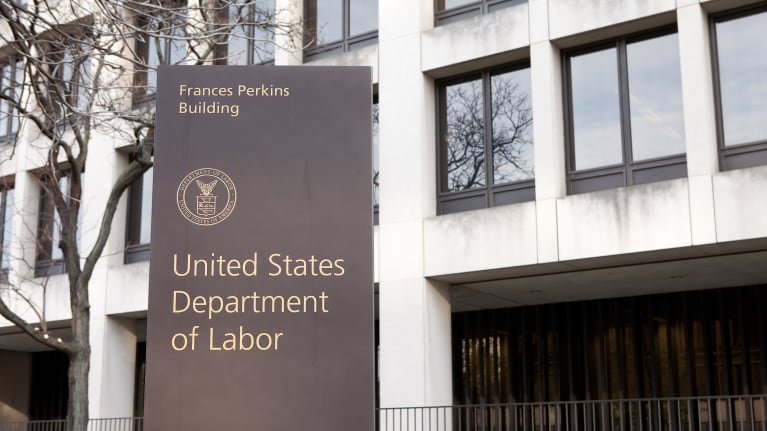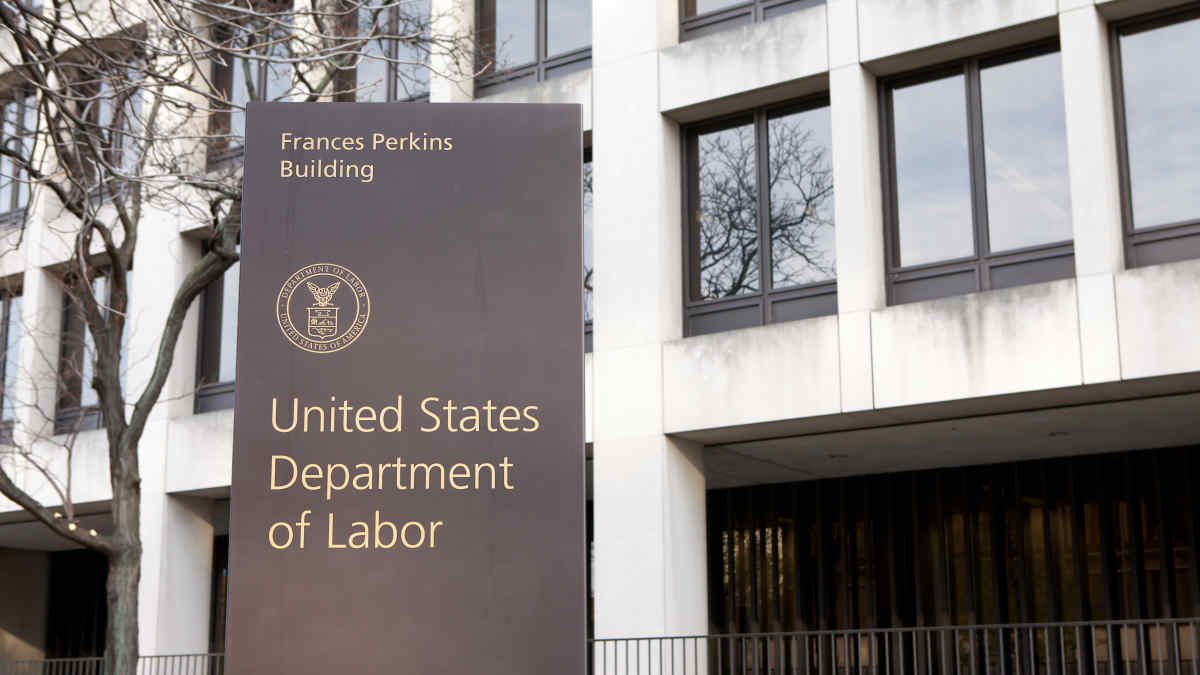

?The Office of Federal Contract Compliance Programs (OFCCP) extended the deadline for covered contractors to object to the release of their EEO-1 reports from Sept. 19 to Oct. 19. We’ve gathered articles on the news from SHRM Online and other outlets.
Planned Disclosure
The planned disclosure is in response to a 2019 Freedom of Information Act (FOIA) request for Type 2 Consolidated EEO-1 report data submitted by federal contractors and first-tier subcontractors. In June 2022, the request was amended to include all data submitted by contractors and first-tier subcontractors from 2016 until 2020.
All employers with 100 or more employees—and federal contractors with 50 or more employees—are legally required to annually file EEO-1 reports that summarize employee headcount as of a moment in time by worksite, job categories, sex, and race or ethnicity, said David Goldstein, an attorney with Littler in Minneapolis.
“Different types of reports are filed for the headquarters location of the employer or its ultimate parent if there are multiple related employing entities—and for every other location,” he said. “The Type 2 Consolidated Report is generated by the EEO-1 reporting system and covers the entire corporate enterprise, aggregating all subsidiaries and locations in a single report.” The Type 2 Consolidated Report is not pay data.
Contractors Had Requested an Extension
The agency noted that since publication of the Aug. 19 notice about the deadline to object to the disclosure, many contractors have contacted the agency requesting an extension. In addition, some federal contractors have raised questions regarding their efforts to verify whether they are covered contractors.
(OFCCP)
How to Object
The information that contractors must provide to object has not changed. The questions that must be answered are available on OFCCP’s Submitter Notice Response Portal page. While there is more time to file objections, employers need to stay aware of the new deadline and the specifics required to make an objection.
Specific Information Required
The OFCCP has requested that objections to this FOIA request include the employer’s name, employer’s address and contact information for the employer or its representative.
Any objection should also include answers to these questions to evaluate the application of FOIA Exemption 4:
- What specific information from the EEO-1 report does the employer consider to be a trade secret or commercial or financial information?
- What facts support the employer’s belief that this information is commercial or financial in nature?
- Does the employer customarily keep the requested information private or closely held?
- What steps have been taken by the contractor to protect the confidentiality of the requested data, and to whom has it been disclosed?
- Does the employer contend that the government provided an express or implied assurance of confidentiality? If no, were there express or implied indications at the time the information was submitted that the government would publicly disclose the information?
- How would disclosure of this information harm an interest of the employer protected by Exemption 4, such as by causing foreseeable harm to the employer’s economic of business interests?
Consequences of Not Objecting
If a covered contractor fails to respond to the notice to object by the new deadline, it will be considered to have no objection to disclosure, according to the OFCCP.
If covered contractors do submit timely objections, the agency will evaluate the objections submitted consisted with its regulations and other relevant legal authority. Should the OFCCP decide to disclose the information over the objection of the covered contractor, it will provide written notice to the covered contractor of:
- The reasons the disclosure objections were not sustained.
- A description of the information that will be disclosed.
- A specified disclosure date that is a reasonable time after the notice.
